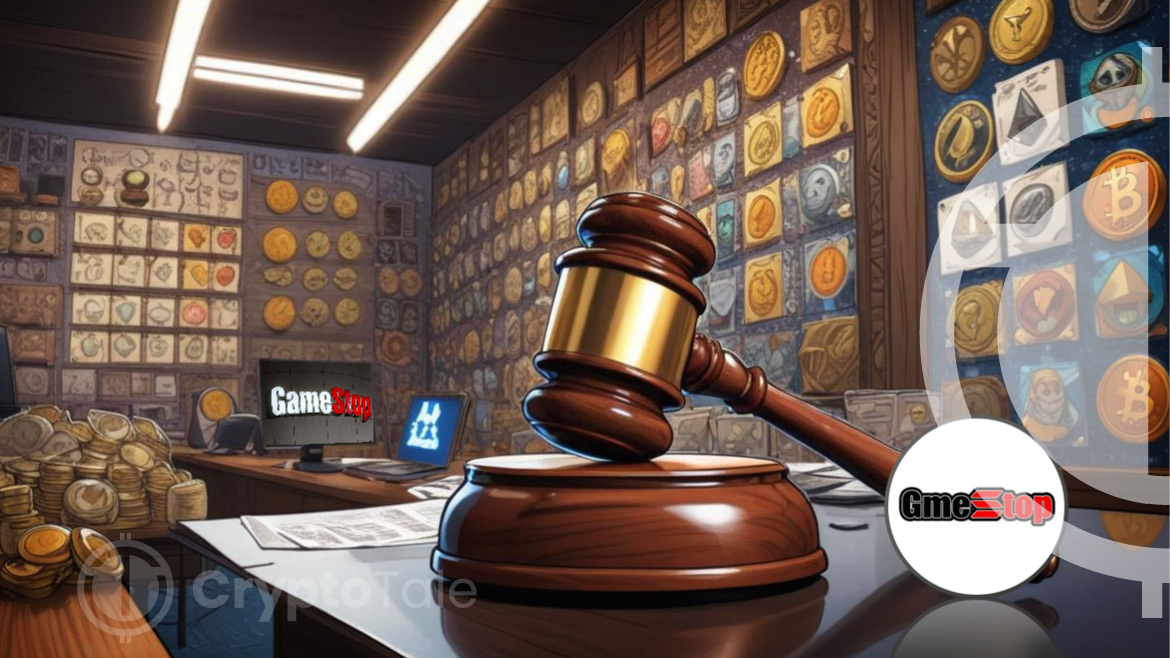- Keith Gill, known as Roaring Kitty on social media, faces a legal case for fraud concerning GME shares.
- Plaintiff Martin Radev alleges Roaring Kitty used his influence on Social media to deceive his followers.
- The lawsuit outlines that Gill bought a large volume of GameStop calls at low prices before initially selling them.
Keith Gill, better known as Roaring Kitty on social media, faces allegations of orchestrating a “pump-and-dump” scheme involving GameStop shares. The filing made on June 28, 2024 in the Eastern District of New York, claims Gill misled investors via social media. This alleged manipulation resulted in financial losses for some of his followers.
The complaint suggests Gill, who returned to social media after a three-year hiatus, failed to disclose his intent to sell GameStop options. Starting on May 13, 2024, his posts purportedly inflated GameStop’s stock price from around $17 to nearly $50 in one day. This sharp increase sparked concerns about market manipulation.
Represented by Pomerantz, plaintiff Martin Radev alleges Gill used his social media influence to deceive investors. Radev claims he suffered financial harm after purchasing 25 GameStop shares and three call options following Gill’s posts. The lawsuit outlines that Gill bought a large volume of GameStop call options at low prices before his initial post on May 12, 2024.
Keith Gill’s $586M GameStop Bet Sparks Frenzy, GME Token Soars Over 110%Per the filing, Gill revealed on Reddit that he owned 120K GameStop call options set to expire on June 21, 2024, and 5M GameStop shares. This post received huge engagement, with over 100k upvotes and 21,000 comments. The Wall Street Journal later reported Gill had purchased these options shortly before his May 12 post.
The lawsuit claims Gill quietly sold or exercised all 120,000 call options by June 13, 2024, without disclosing his intent to sell. This allegedly misled his followers and other market participants. The complaint characterizes Gill’s actions as a pump-and-dump scheme.
Radev claims he purchased 25 GameStop shares and three call options in mid-May after seeing Gill’s posts. The total losses alleged are not specified but appear to be relatively small. The lawsuit is being pursued by the Pomerantz law firm on behalf of Radev and other similarly situated investors.
Legal experts note that the case faces challenges. Gill’s options were set to expire on June 21, 2024, so his followers may have reasonably expected him to sell or exercise them before that date. Moreover, Gill reportedly converted some options into additional GameStop shares rather than selling outright.
The lawsuit raises questions about the responsibilities of social media influencers in the stock market. It alleges Gill owed his followers a duty to disclose his trading intentions.











